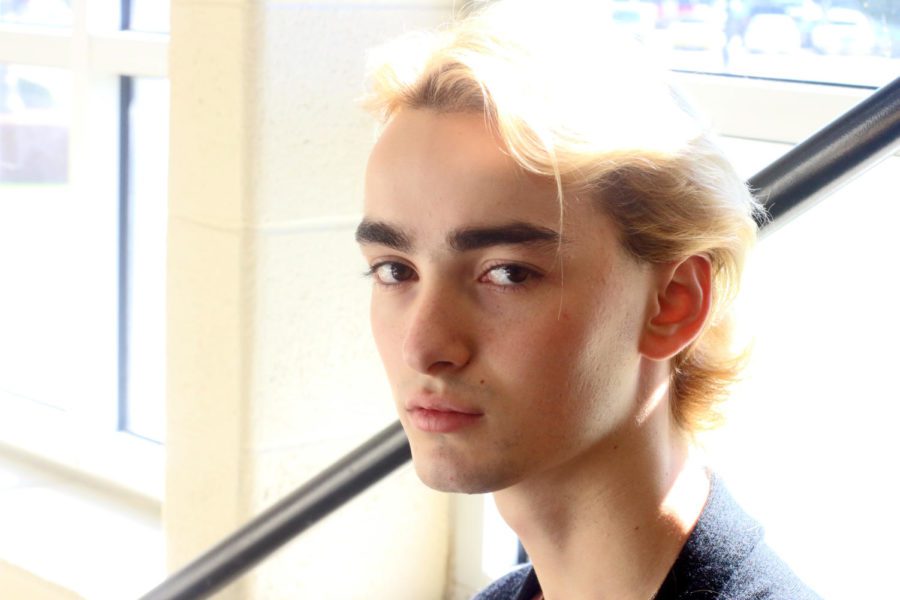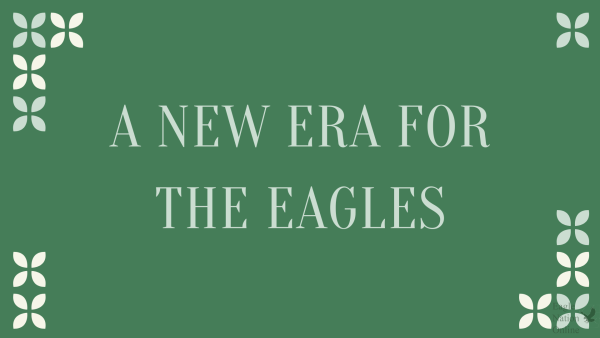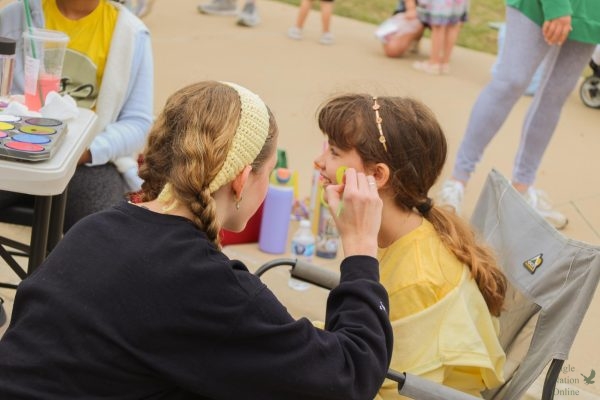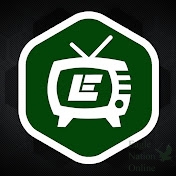Senior reflects
on his coming-out story,
its impact
Senior Jackson Lundquest spends his time participating in organizations such as French Club, Book Club, various honor societies and student council. Through his high school career, Lundquest said he learned to realize his coming-out experience has been unique. “After the fact, it was kind of the ‘business as usual’ which I am so grateful for,” Lundquest said. “I know that is the rarest thing in the world, especially in this political climate. I feel like people think all gays are the same when they aren’t.”
LGBT+. This acronym gave him a place to fit. This acronym helped him identify with something, so he could sink back into his “own skin” and keep up the confidence those who knew him said he always had.
Senior Jackson Lundquest came out to his best friends on a ski lift four years ago over spring break. Although he never felt like he was hiding something, he knew he had to address the topic.
“I remember texting my friends on this ski trip, telling them I was gay, and it was this big debacle since I only had service half the time,” Lundquest said. “So, I got back to the summit, and my phone blew up with texts from all of them saying how happy they were for me. It was amazing.”
Lundquest said coming out to his friends helped him tell his family members.
“My thought-process in coming out to my friends first was that I knew how they would react because we had talked about the situation before,” Lundquest said. “It was better for me to kind of gain that momentum from them, and then move into family members because my family is very conservative. It’s very taboo to talk about that kind of a thing. It still is, but only very less so.”
Lundquest’s mother said she wasn’t shocked when he told her because he had been true to himself his whole life.
“I was just proud that he, at 14 years old, was brave enough and secured himself to come to his parents,” Ms. Lundquest said. “I will say I was hurt for the judgment that he was going to have to go through in his life though.”
Senior Haley Foley met Lundquest in fourth grade, and she said he still inspires her every day.
“When he told me, he asked me if we could talk about something serious, and I didn’t think that would be the topic of conversation,” Foley said. “Ever since he came out, I definitely have seen him grow as a person. He’s so confident in who he is, and I respect that so much because he isn’t afraid to be himself. I learn from him so much because it’s just so inspiring how he just does what he likes and doesn’t care what anyone else has to say.”
Lundquest spends his time participating in organizations such as French Club, Book Club, various honor societies and student council. Through his high school career, Lundquest said he learned to realize his coming-out experience has been unique.
“After the fact, it was kind of the ‘business as usual’ which I am so grateful for,” Lundquest said. “I know that is the rarest thing in the world, especially in this political climate. I feel like people think all gays are the same when they aren’t.”
He gave examples of differences that exist in his own life.
“Not all gays are feminine and into fashion,” Lundquest said. “I’m a huge history nerd. I know that being gay is something I can identify with, but there are still several other characteristics that make me who I am.”
Lundquest also said he has become more and more relaxed when having conversations about his sexuality.
“Coming out helped me feel more in my own skin, which is very cliche, but it’s the best way to describe it,” Lundquest said. “At the beginning, I felt like I had to describe it in a certain way, but now it’s a lot more comfortable. I have grown to just care a lot less about sexualities and sexual orientations. It’s just saying ‘Hi, I am Jackson and here is one thing about me that makes me different from the ‘norms’ of society.’”
Pride month, Gender and Sexualities Alliance (GSA) clubs and LGBT+ history month are all among events Lundquest said contribute to making these conversations common.
“I do believe all of those events are essential to starting the conversation or at least bringing it up since any LGBT+ history is important to remember,” Lundquest said. “I think GSA clubs like the one at our school is important because they help people understand they aren’t alone in this and can create friends when they are ostracized. It’s all so important because people can communicate and work with other people who are feeling the same way they are.”
On the other hand, Lundquest said there are still huge problems and misconceptions within the LGBT+ community and its ability to communicate its message of acceptance. Lundquest said he has had an interview he gave student press members last year not shared because he was told it included an “agenda.”
“It would be an agenda if this was some kind of recruitment, but this isn’t a recruitment,” Lundquest said. “Saying we have an agenda is them insinuating that they think it is a decision for people to become who we are when it isn’t. Who would consciously choose to be discriminated against? We all need to understand and know LGBT+ history so we can truly understand and sympathize or empathize with all minorities. It’s impossible to compensate for what these minorities have been through unless people understand what they have been through.”
Lundquest also said he doesn’t understand the negative reactions some LGBT+ teens receive, and he said he hopes those teens instead will be shown acceptance, which is what Lundquest’s friends did for him.
“They (LGBT+ teens) are just coming together to be themselves,” Lundquest said. “Talking about it helps people feel like they are no longer alone.”
Lundquest said he recognizes now both what he accepts – and what he wishes he could change.
“I mean, if I could undo being gay, I would not because this is who I have become and have finally recognized myself to be,” Lundquest said. “But if I could undo the discrimination, of course I would.”
Your donation will support the student journalists of Prosper High School. Your contribution will allow us to purchase equipment and cover our annual website hosting costs.
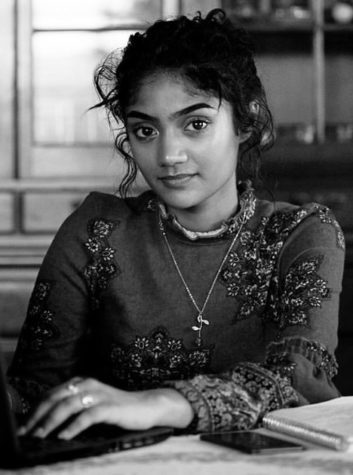
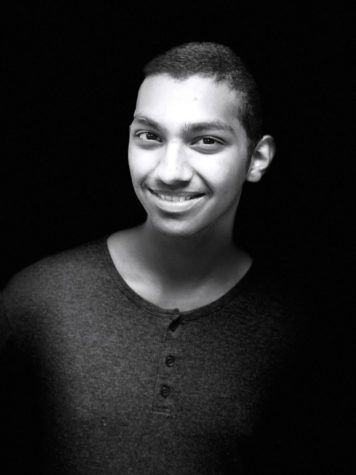
Contact: kestermuthalaly@gmail.com




